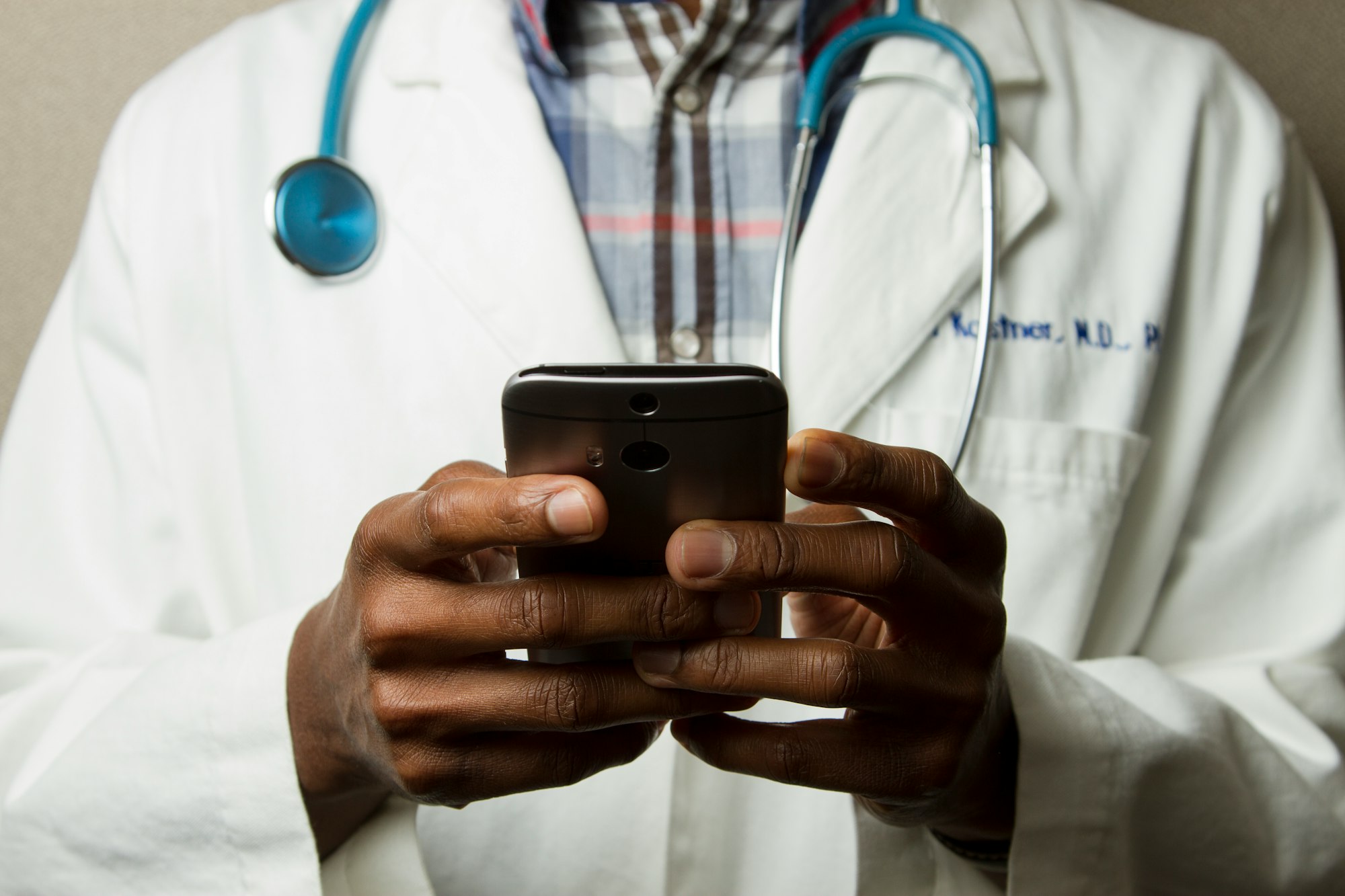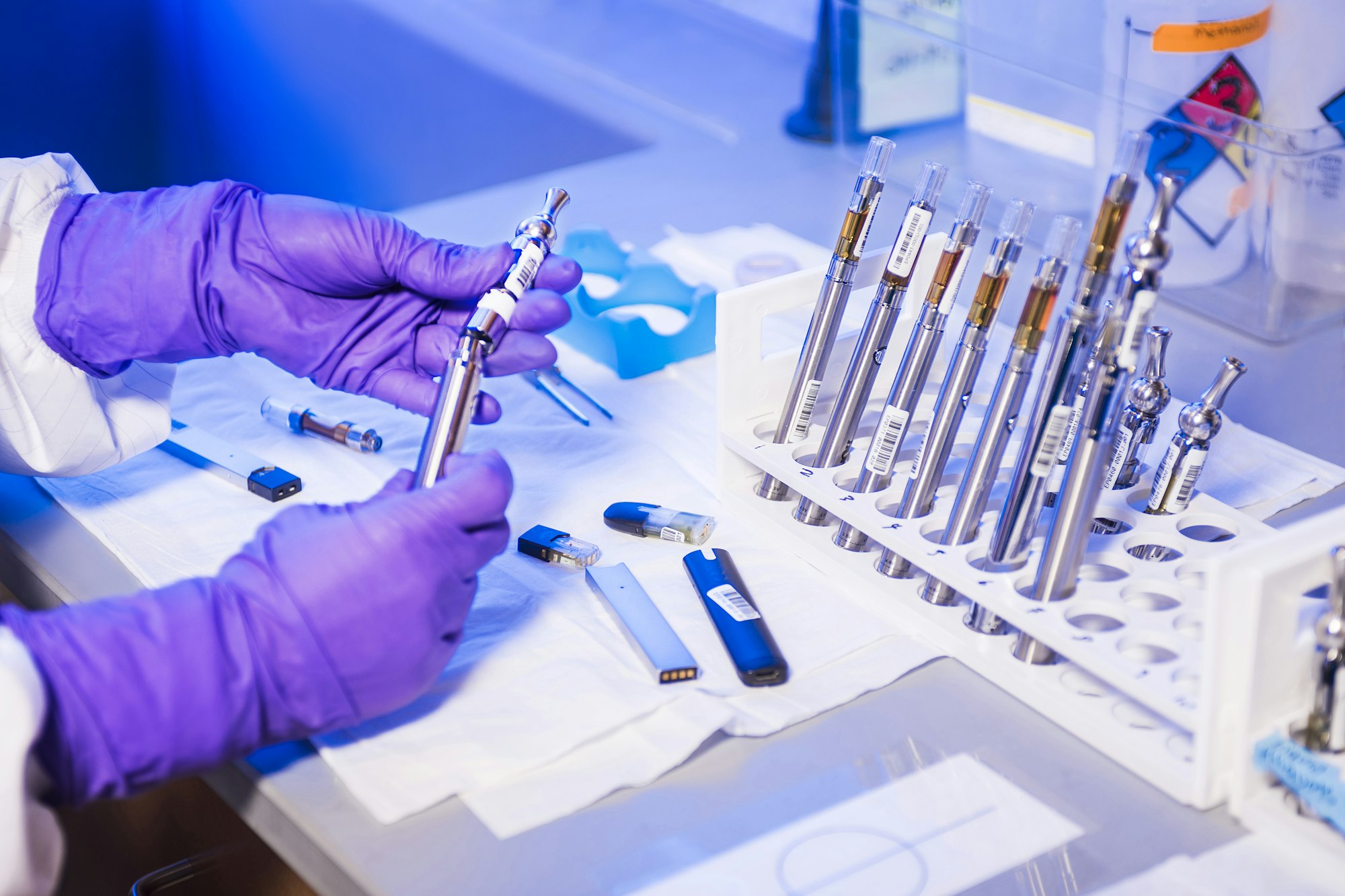Revolutionizing Healthcare: Discovering the Advantages, Applications, and Challenges of Blockchain Technology
Table of Content
Over the past few years, blockchain technology has emerged as a potentially useful solution to a variety of problems that exist in the healthcare industry. Blockchain technology offers a variety of benefits, some of which include improved data management, increased transparency, and enhanced patient privacy and data security. These benefits come as a direct response to the growing demand for increased security, privacy, and efficiency in the healthcare industry. In this piece, we will discuss the advantages and practical applications of blockchain technology in the healthcare industry, as well as the difficulties that exist in implementing this technology and its potential in the years to come.
I. Introduction:
The blockchain is a decentralized and distributed ledger system that makes it possible to share data in a way that is both secure and transparent. The concept was originally developed for use with cryptocurrencies like Bitcoin; however, it has subsequently found applications in a wide variety of fields, including the medical field. Blockchain technology has the potential to transform the way healthcare data is kept, shared, and accessed, even though the healthcare industry is confronting a variety of difficulties connected to data management, privacy, and security.

II. Benefits of blockchain technology in healthcare:
Enhanced capabilities for both data management and interoperability
"The capacity of blockchain technology to enhance data management and interoperability is one of the most significant advantages it offers to the healthcare industry. Because data in the healthcare industry is frequently siloed and fragmented, it can be challenging for providers of healthcare to access and share information. The storage and dissemination of data can be streamlined and the interoperability between various healthcare systems can be improved if healthcare providers make use of blockchain technology to store and distribute data" says, Tim Parker, Director at Syntax Integration
Greater openness and responsibility have been emphasized.
"The use of blockchain technology in the healthcare industry also enables enhanced openness and accountability. Blockchain technology allows for the recording and storage of all data transfers in a way that is both tamper-proof and transparent. This makes it much simpler for healthcare providers to keep track of and audit data exchanges. The enhanced transparency and accountability in the healthcare system may help cut down on healthcare fraud and errors" says, Ben Flynn, Manager at Manhattan Tech Support
Enhanced protection of patient information and privacy
"Blockchain technology provides increased patient privacy as well as data security. When it comes to traditional healthcare systems, patient information is frequently open to the risk of being compromised by hacks and breaches. On the other hand, blockchain technology makes use of sophisticated encryption methods in conjunction with decentralized data storage to guarantee the confidentiality and safety of patient information" says, Ethan Bull, Owner of ProAssisting
III. Practical Applications of Blockchain Technology in the Healthcare Industry:
Electronic health records (EHRs)
The creation of electronic health records (also known as EHRs) is one of the areas in which blockchain technology shows the most promise for use in the healthcare industry. Blockchain technology allows for the storage of patient data in a manner that is both decentralized and secure, simplifying the process by which healthcare professionals may access and share patient information. Additionally, the technology behind blockchain can help improve the accuracy and completeness of EHRs, which in turn can help reduce errors and improve the outcomes for patients" says, Dayna Carlin, Director of Marketing & Sales at NovoPath
Clinical trials and research

"The procedure of conducting clinical trials and medical research could also be significantly altered by the implementation of blockchain technology. Researchers can increase the transparency and quality of their findings by utilizing blockchain technology to store and share data relevant to clinical trials. This in turn reduces the possibility of fraud and errors occurring in their work. In addition, the use of blockchain technology can facilitate the streamlining of the process of providing patients with informed permission, which in turn makes it simpler for patients to take part in clinical studies" says, Sasha Quail, Business Development Manager of claims.co.uk
Supply Chain Management
"The technology behind blockchain can also be utilized to enhance the management of supply chains in the healthcare industry. The use of blockchain technology by healthcare providers to follow the movement of pharmaceuticals and medical devices enables these professionals to verify that the products in question are genuine and have not been altered in any way. This enhanced transparency may help lower the possibility of patients being prescribed fake medications and may also improve patient safety" says, Tiffany Hafler, Marketing Manager, Fortis Medical Billing
IV. Challenges of implementing blockchain in healthcare:
Implementing blockchain technology within the healthcare industry is not without its share of obstacles, even though this technology presents several opportunities to improve patient care.
Lack of standardization and regulation
"The absence of standards and regulations in the healthcare industry is one of the most significant obstacles that must be overcome when putting blockchain technology into practice. It is possible that different healthcare providers would adopt different standards because there are no clear criteria for how blockchain should be used in the healthcare industry. This would make it more difficult to share and exchange data between different healthcare providers," says Tim Allen, Sr. Corporate Investigator at Oberheiden P.C
Integration with existing healthcare systems
"Integration with preexisting healthcare systems is yet another obstacle that must be overcome when applying blockchain technology in the healthcare industry. A significant number of healthcare providers have already made substantial investments in their existing", says Gerrid Smith, CMO at TEXAS PROPERTY TAX LOAN PROS
Final thought
Finally, by strengthening data management, raising transparency, and promoting patient privacy and data security, blockchain technology has the potential to completely transform the healthcare sector. Clinical trials, research, and supply chain management are just a few of the real-world uses of blockchain technology in the healthcare sector that present chances to enhance patient care and safety. However, there are obstacles to applying blockchain technology in healthcare, including a lack of regulation, standardization, and integration with current healthcare systems. The potential of blockchain technology is likely to be further explored as the healthcare sector continues to be confronted with growing demands for greater security, privacy, and efficiency. Efforts to overcome these obstacles will be essential to realize the full potential of this technology.











